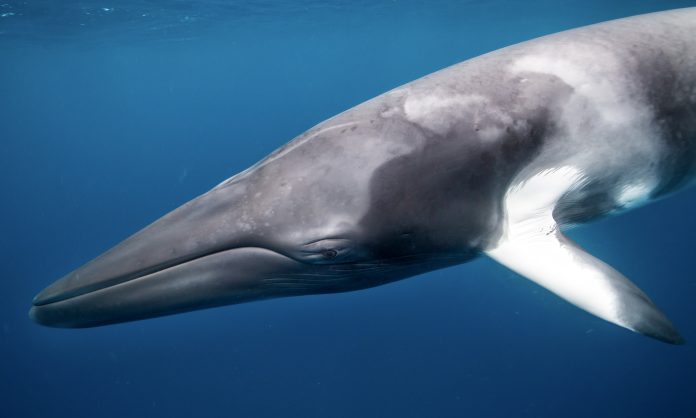
U.S. & Norway Conduct Cruel Sonar & Noise Experiments For Oil & Gas Exploration Endangering Whales While Delivering No Results
By Lauren Lewis
You can help all animals and our planet by choosing compassion on your plate and in your glass. #GoVeg
RELATED ARTICLES
Banning Cruelty: New Legislation Aims To Ban Octopus Farming In The U.S.
New bipartisan legislation has just been introduced in the U.S. to ban commercial octopus farming and prohibit imports of farmed octopus from foreign countries.
The...
Outrage In Yellowstone! Grizzly Bear Killed By Wildlife Officials & Left With Head & Paws Cut Off
Photo by: Trisha McFarland / Cowboy State Daily
A photo of a dead grizzly bear with its head and paws cut off has caused an...
Inside Florida’s Illegal Horse Meat Trade: Undercover Footage Shows Racehorse Being Shot & Butchered
A heart-wrenching discovery of illegal horse slaughter has emerged, with video footage exposing the tragic killing of a racehorse named 'Funny Biz,' who was...
Popular stories
!! Coronavirus
Compassion In World Farming Calls For Ban On Trade Of Farm Animals Suffering During Transport To EU Borders Due To COVID-19
Compassion In World Farming, together with over 35 animal welfare NGOs, announced today that it has sent a letter to EU leaders, urging them to adapt their...
Breaking News
U.S. Senator Cory Booker Introduces New Bill To Protect Farm Animals & Hold Factory Farms Accountable
Senator Cory Booker has just announced a new bill, The Industrial Agriculture Accountability Act of 2022 (IAA), that could help reduce the suffering of farm animals in...
Industry News
The City Of Shenzhen Becomes China’s First To Ban The Dog and Cat Meat Trade In Major Crackdown
China’s city of Shenzhen has just passed a ground-breaking law to ban the consumption and production of dog and cat meat, the first city...


